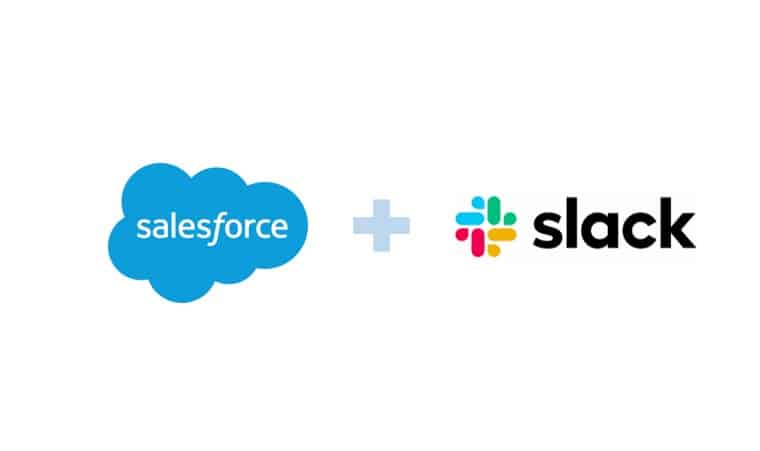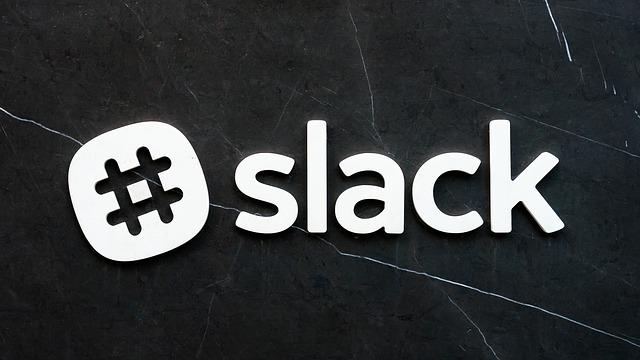

We were in the middle of a debate on the ROI of social networks and (I had a front row seat at the time, working for a player in the sector) the model in which we had conversational spaces on one side and business tools on the other didn’t work. Today, with the pandemic-related work transformation, it’s a growth industry where a player like Salesforce can’t be absent, and if in-house solutions haven’t caught on, it makes sense to rely on a specialist with a proven track record of success.īut it’s not the only thing, and to understand it you have to go back ten years or so.Īt that time the subject was not so much messaging but enterprise social networks, even if the future showed that what worked was a hybridization of the two. Salesforce buys what is the only “buyable” player in enterprise collaboration (by buyable I mean with a proven, scalable product with a real user base that doesn’t belong to another mastodon).Ĭollaboration isn’t new to Salesforce, but despite all the promise, it’s never been successful at it. Salesforce has also tried to address collaborative work with Chatter or, but without much success.

But it is clear that, apart from Salesforce and Workday (HRIS), none of them have made a lasting place for themselves in the sun alongside the “usual suspects” such as SAP, Oracle, Microsoft or IBM. It’s the pure player that, with a 100% Saas model, has raised the leaders of the moment (SAP, Siebel (Oracle)) to the status of antiques and set the example for a whole new wave of enterprise software. Salesforce is one of the leaders, if not the leader, in customer relationship management (CRM). Slack no longer communicates on its number of users since 2019 (12M).


Slack is very popular with tech companies and technical populations, much less so with the average user and large companies where it is most often under the radar or isolated at a team and department level. Slack is an enterprise collaboration solution vendor that, quite simply, has found the right middle ground between enterprise social networking and messaging, boosted by integration capabilities with just about every tool you can find in the enterprise. Since then, projections on the potential synergies between the two are going well as well as on the future of the Slack product. It’s been a long time since we’ve had a major announcement in the small world of the Digital Workplace, and here we are: Salesforce has just gotten its hands on Slack for the modest price tag of $27.7 billion.


 0 kommentar(er)
0 kommentar(er)
